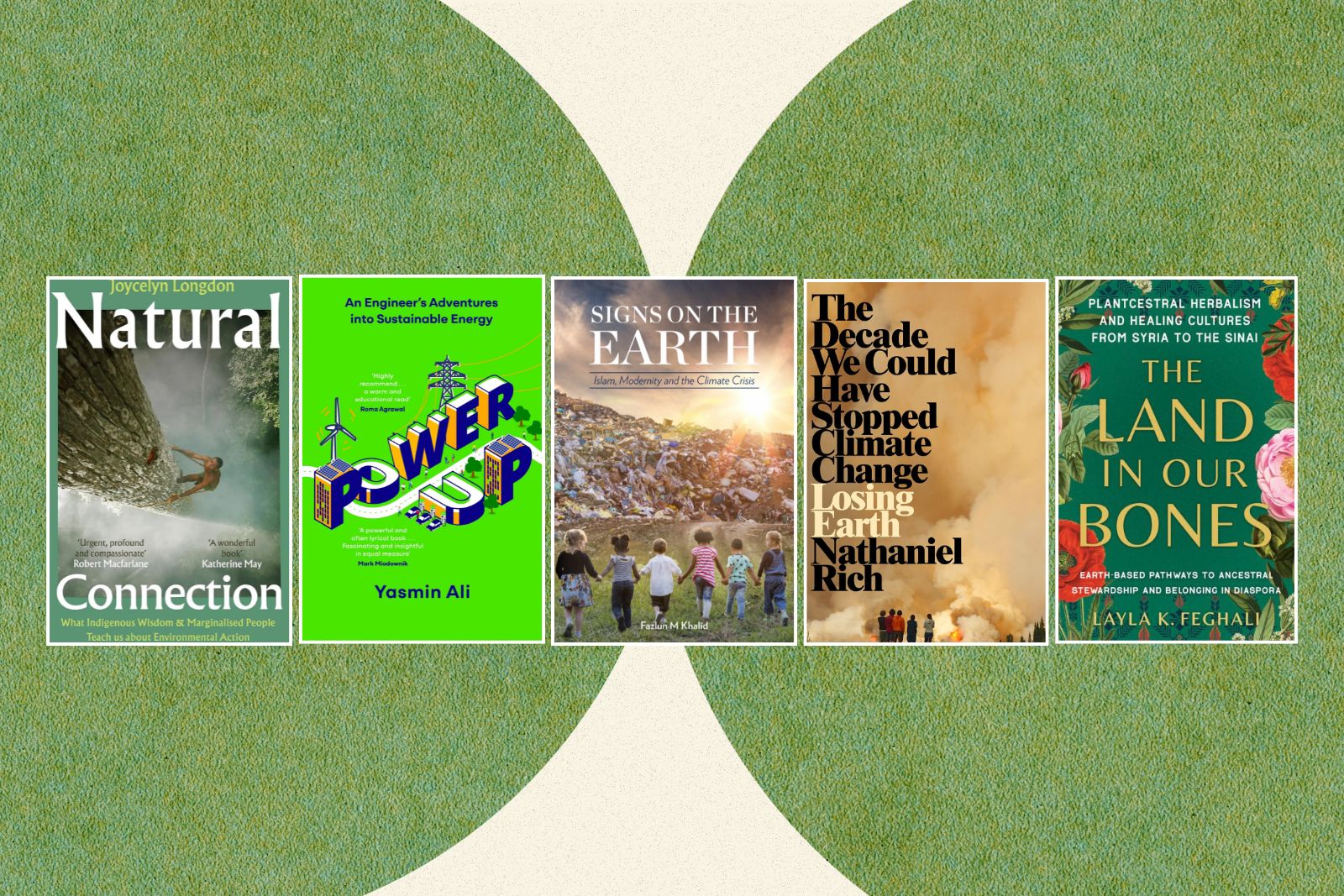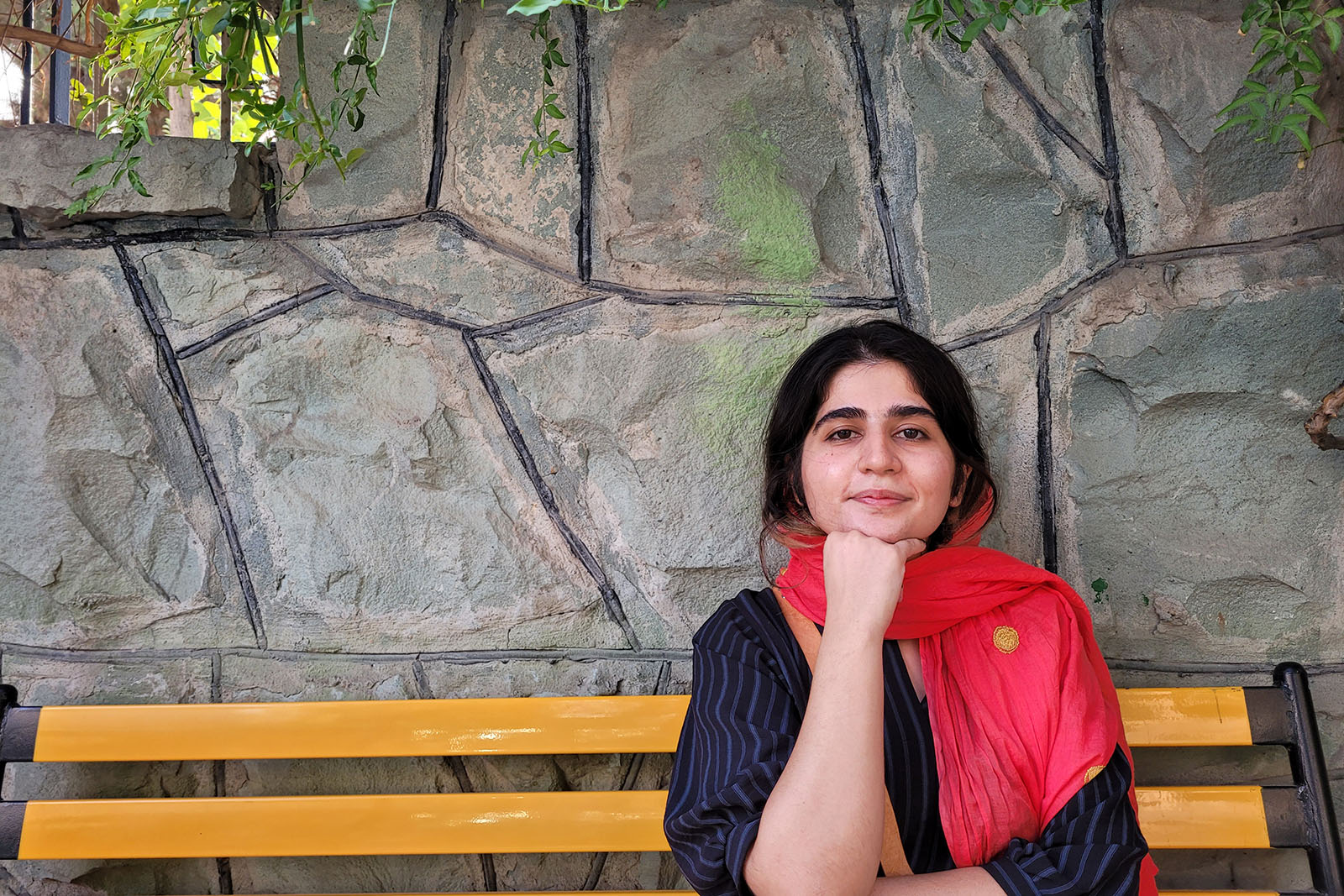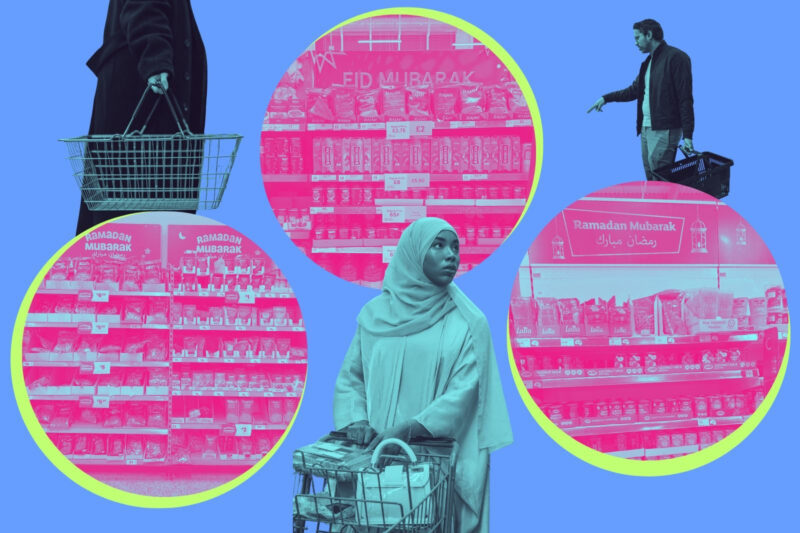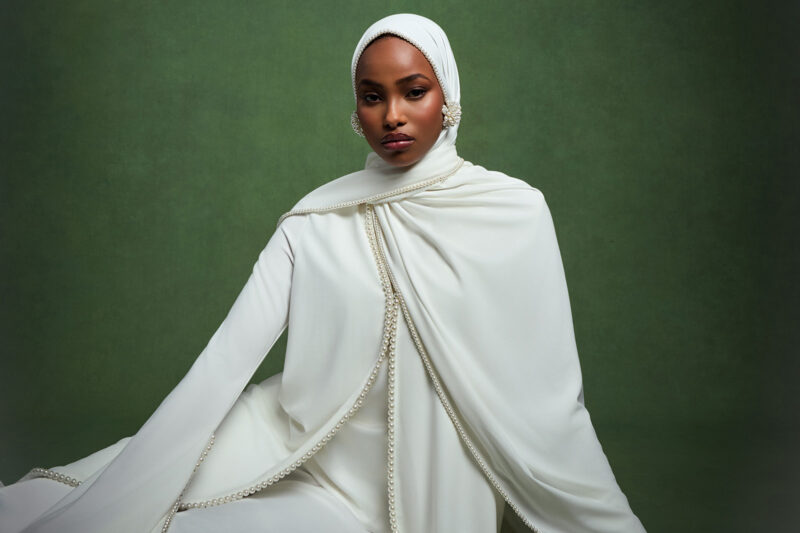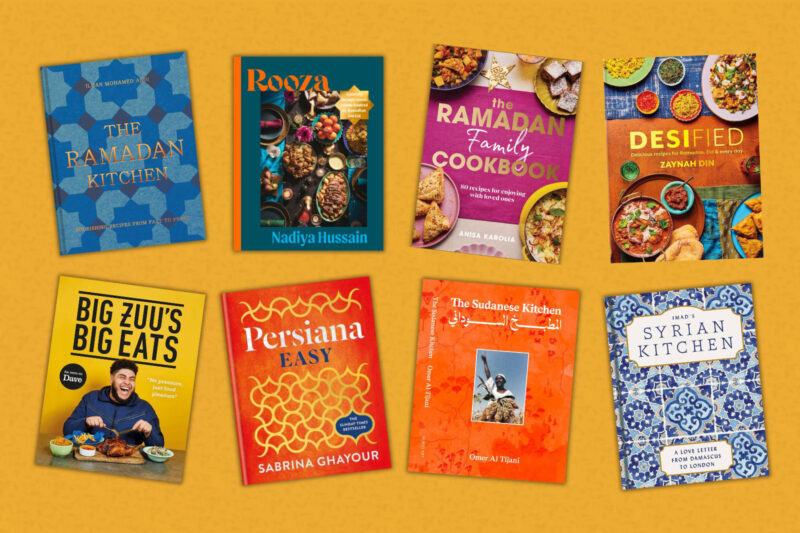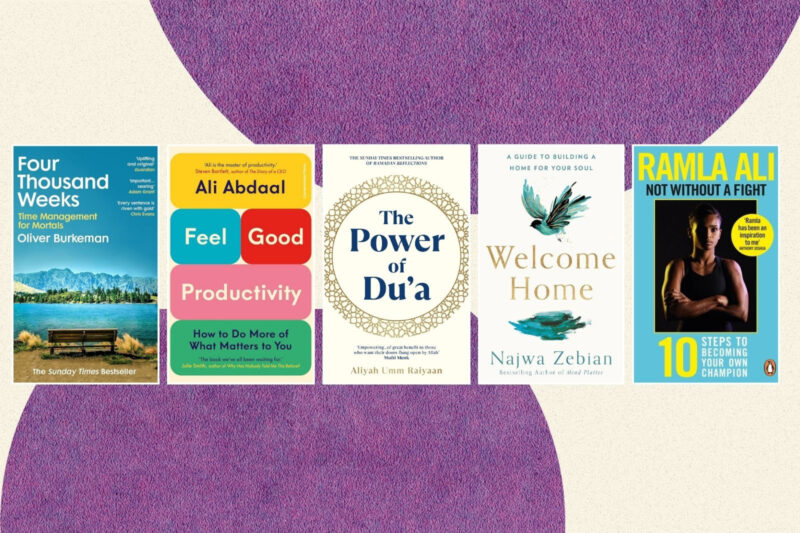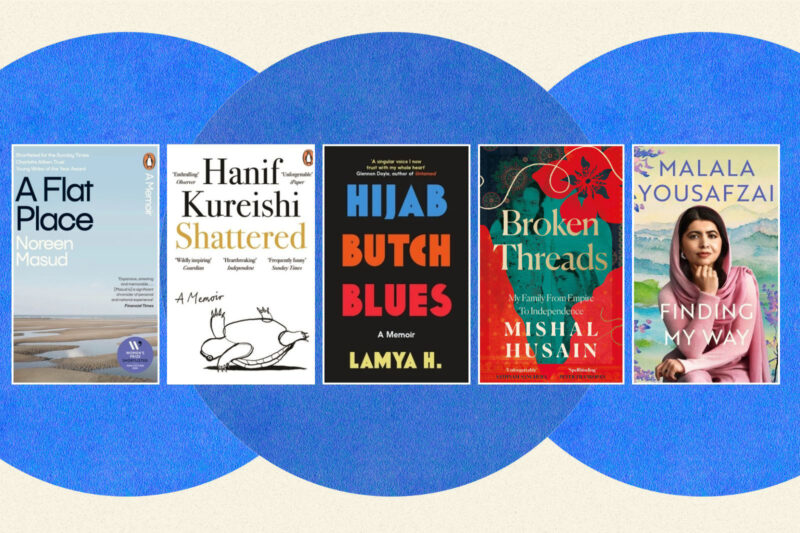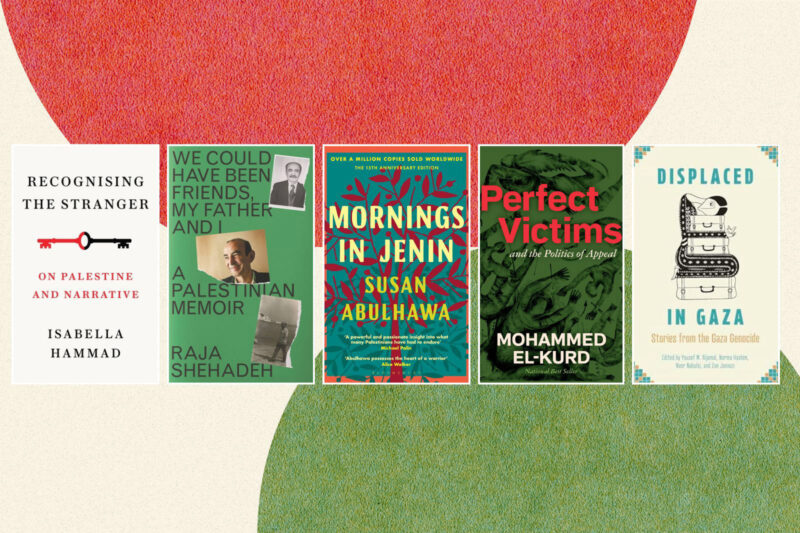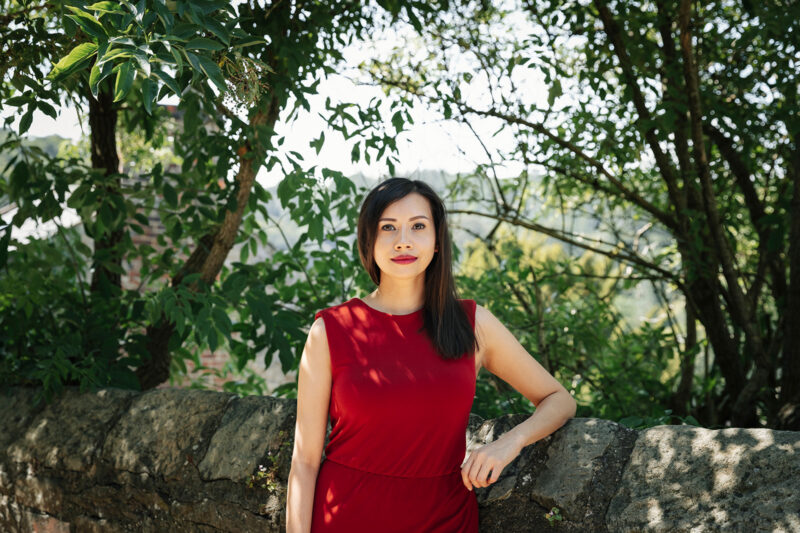Book recommendations: top summer reads to suit every mood

Five titles, from moving coming-of-age stories to political fiction, to accompany you on your holidays
One of the best parts of my summer holiday is packing a trusty four-wheel cabin suitcase with the books that will keep me company at my destination. Inevitably, I’ll pack too many, spurred on by the fact I’m falling behind in my annual Goodreads challenge to finish 52 books in a year.
Nowadays, like many of us, I’m finding less time for reading in my daily life, with much of it seemingly sucked up by my phone. I’ve only managed to keep up my book habit by swapping podcasts with audiobooks during my commute. I suppose that’s why summer feels so important — it’s a chance to break that cycle and remind myself that I am a person who could once finish a book in one sitting.
So, if you also hope to get back into reading this summer or just need a few ideas on what to pack in your suitcase, here are five big summer reads to suit every mood.
Enter Ghost by Isabella Hammad
Political fiction
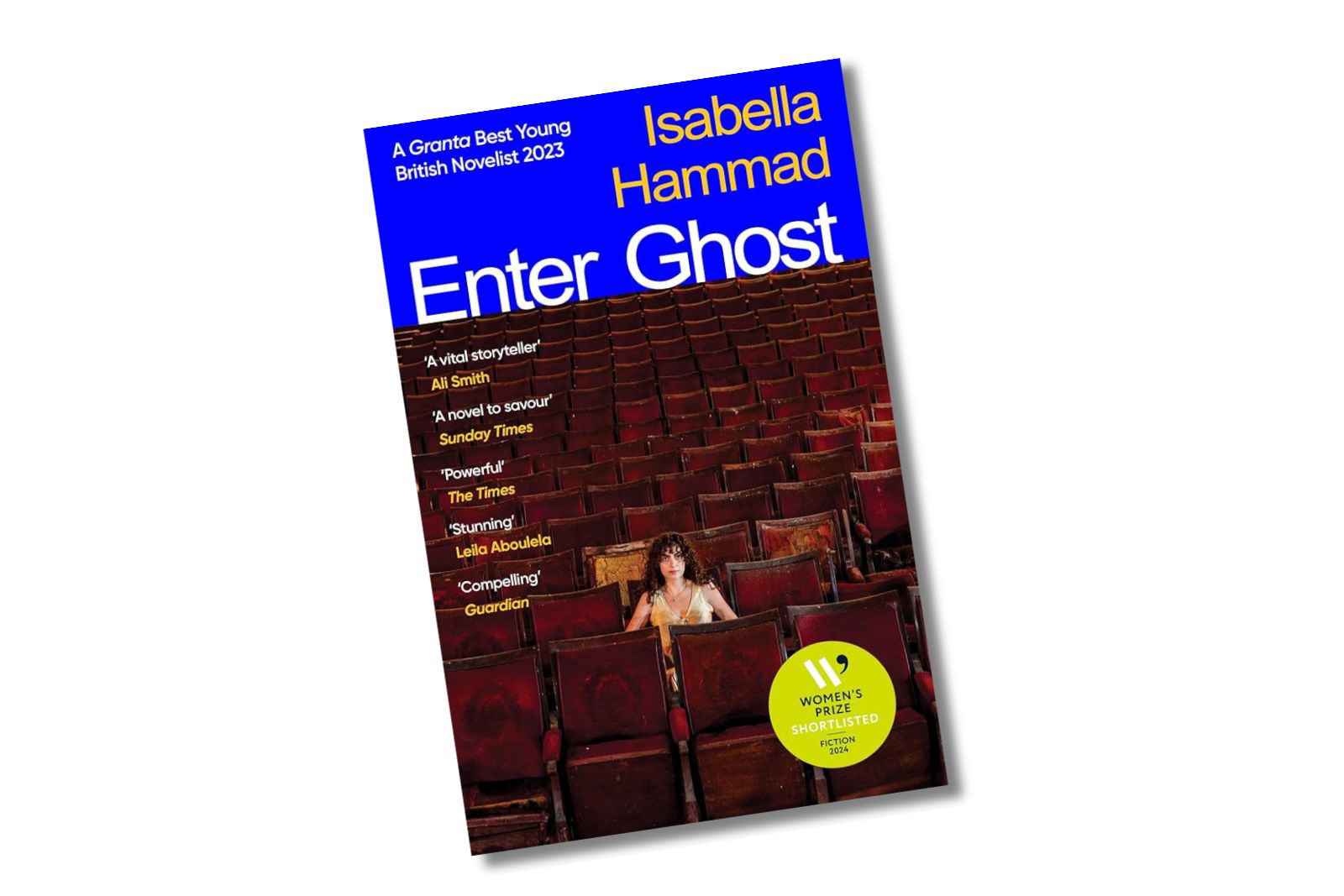
Isabella Hammad’s debut novel was shortlisted for the Women’s Prize for Fiction in 2024 and is a layered exploration of return and resistance. In Enter Ghost, we follow actor Sonia Nasir who, after many years away from Palestine, goes back to visit her sister Haneen in Haifa, Israel. A local director convinces Nasir to join a production of Hamlet in the West Bank. Yet it soon becomes clear that obstacles — namely the Israeli occupation — stand in the way of the opening night. She is both a visitor reconnecting with her homeland and someone thrust into the reality of living in a place where freedom is a battleground.
The author expertly highlights the absurdity of apartheid through evocative storytelling. While today’s news is inundated with images of the most extreme forms of Israeli occupation and segregation, Enter Ghost, published in March 2023, was written before 7 October. Through it, Hammad draws attention to the everyday, slow violence inflicted by the Israeli military. It’s an intelligent novel that explores the thematic parallels between Hamlet and the experiences of the Palestinian troupe attempting to perform the play in the West Bank.
Who Will Remain by Kasim Ali
Coming-of-age, social commentary
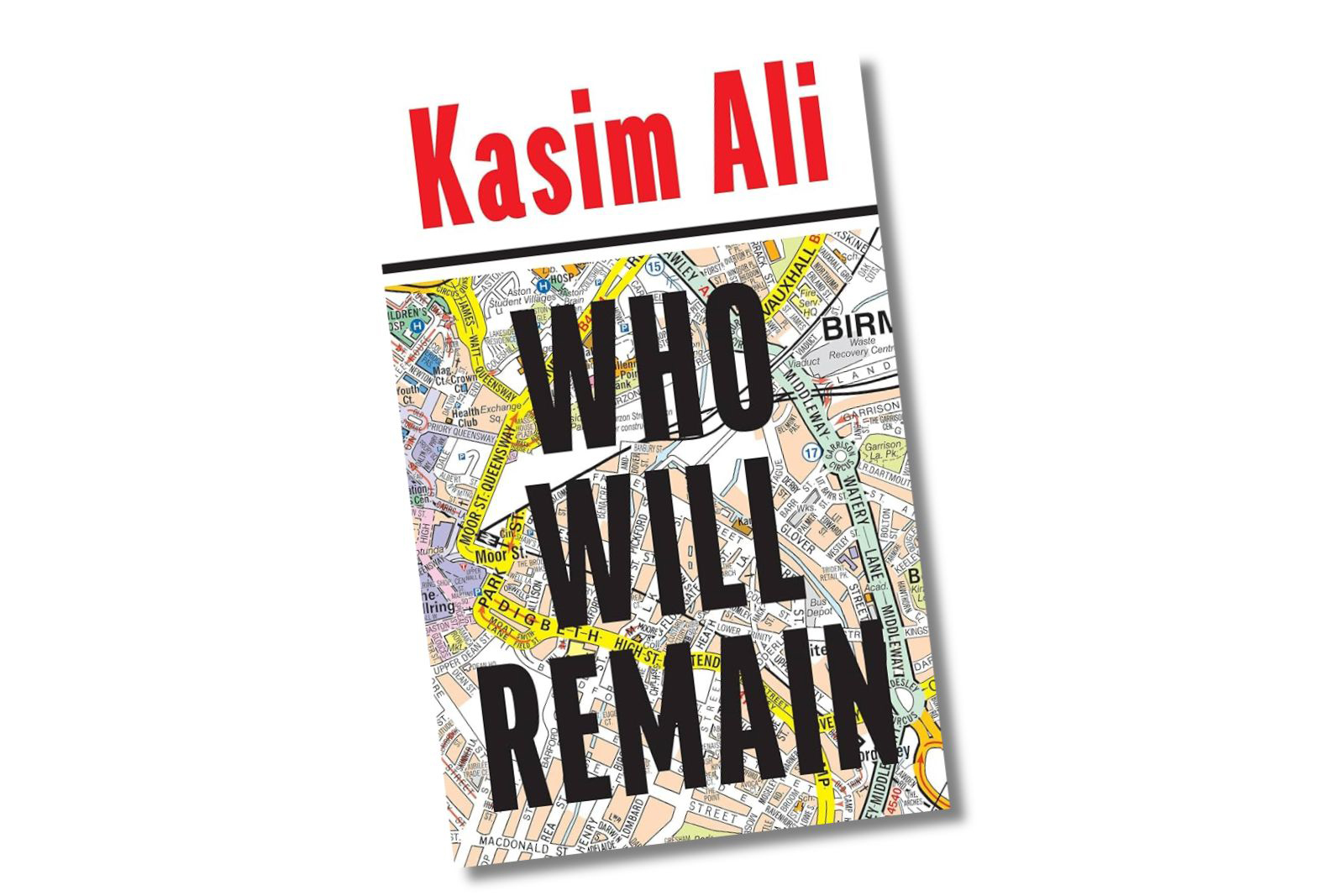
Kasim Ali’s upcoming debut novel, published on 17 July, is an examination of masculinity and the socio-economic forces moulding the lives of young South Asian men in contemporary England.
Amir is a British-Pakistani university student coming of age in Alum Rock, Birmingham — a deprived inner-city suburb where Ali himself is from. The story begins with the death of Amir’s cousin Saqib, who was murdered in a gang fight. Amir then loses his older brother’s much-needed attention to a surprise engagement that their entire family fusses over.
So far, Amir has stayed out of trouble, but as a young man growing up in an area that epitomises social decline enabled by austerity, he is feeling the pressure to secure his future. What follows is a powerful story exploring cultural expectations and what it means to go against them.
This book is a timely portrait of how economic precarity, ambition and naivety can drive young men toward desperate means of making money. Though some characters feel underdeveloped, the novel finds its footing in the final moments, delivering a poignant reflection on brotherhood and loss.
Good Girl by Aria Aber
Coming-of-age
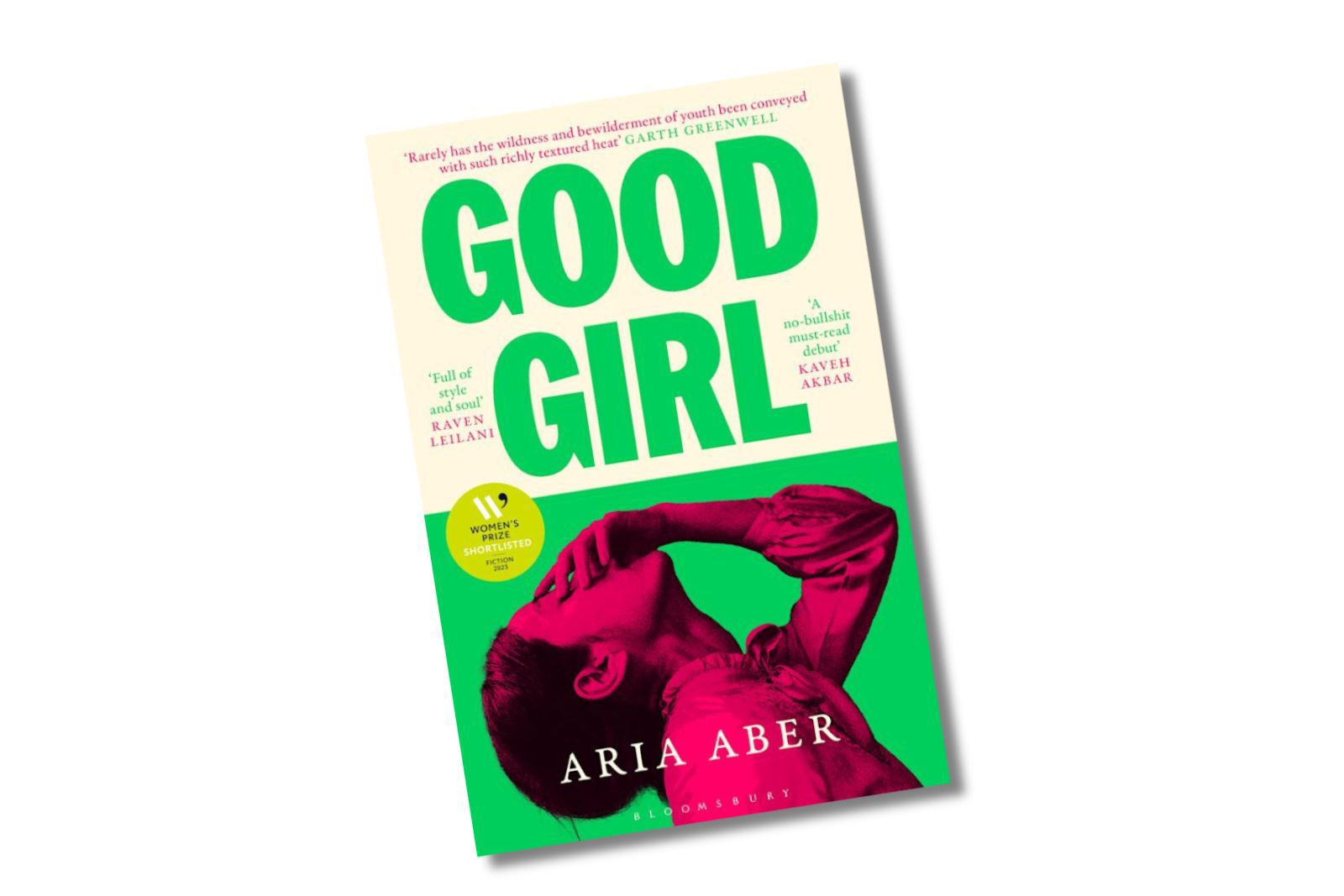
Longlisted for the Women’s Prize for Fiction 2025, Aria Aber’s debut novel follows the daughter of Afghan refugees in Germany as she navigates life after her mother’s death.
The protagonist Nila is frustrating and messy. Trying to fit in with Berlin’s artistic scene, she is often found inhaling a mixture of class As in the grimy corners of the city’s nightclubs. Nila is also stuck in a complicated and abusive relationship with a washed-up American writer called Marlowe.
The story is fairly bleak, but I was captivated by Nila’s character and sympathised with the deep shame she feels around her identity. Despite her flaws, she is ultimately a young woman trying to find her place in a world where refugees are stigmatised and forced to navigate almost constant hostility.
In Good Girl, Aber is exposing the growing far-right violence against Muslim refugees in contemporary Germany, as we see how it seeps insidiously into aspects of Nila’s everyday life. The novel examines the burden often carried by the children of refugees, who must navigate the tension between their two selves — their identities at home versus the outside world.
Fundamentally by Nussaibah Younis
Contemporary fiction, humour, LGBTQ+
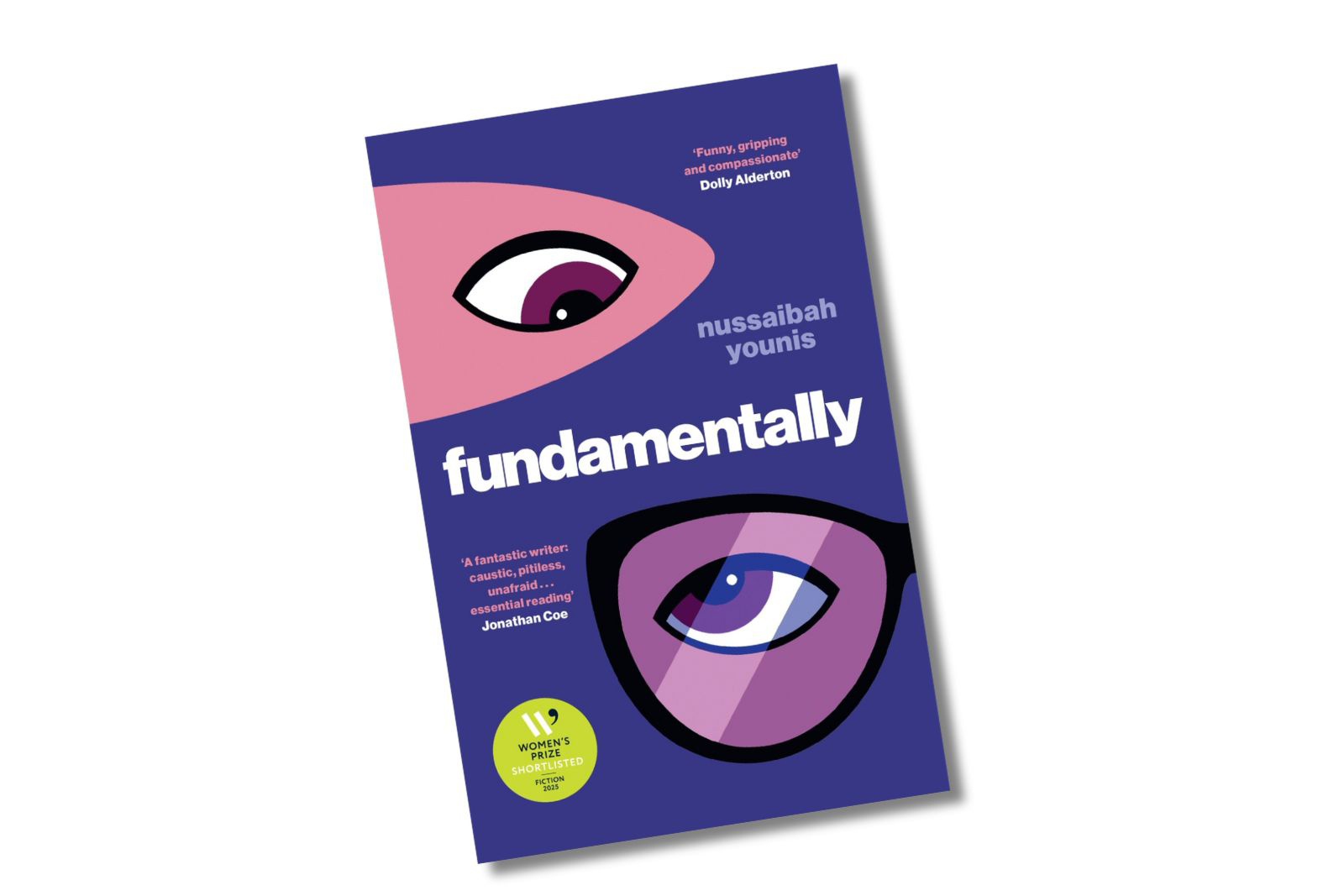
When criminology academic Nadia Amin lands a dream role leading a United Nations rehabilitation programme for radicalised Isis brides in the Middle East, she jumps at the opportunity. Yet once she sets foot in Iraq, Amin quickly realises that her theories about deradicalisation don’t quite map on to real life, putting her programme at risk.
Amin soon meets Sara, a mouthy girl from east London who joined Isis at the age of 15 — a character likely modelled on Shamima Begum. The two quickly hit it off and Amin is determined to get Sara home. It’s a story about the fragile but necessary work of building relationships across ideological divides.
Younis’s debut was also nominated for the 2025 Women’s Prize for Fiction and, although the characters are not particularly likeable, she approaches this sensitive subject matter with an unexpected humour. Through wit and empathy, the novel challenges prevailing stereotypes of the women who travelled from western countries to marry Isis fighters and sheds light on the complex, often overlooked paths that have led them to the Middle East — trapped, and unable to return to Europe.
My Friends by Hisham Matar
Political fiction
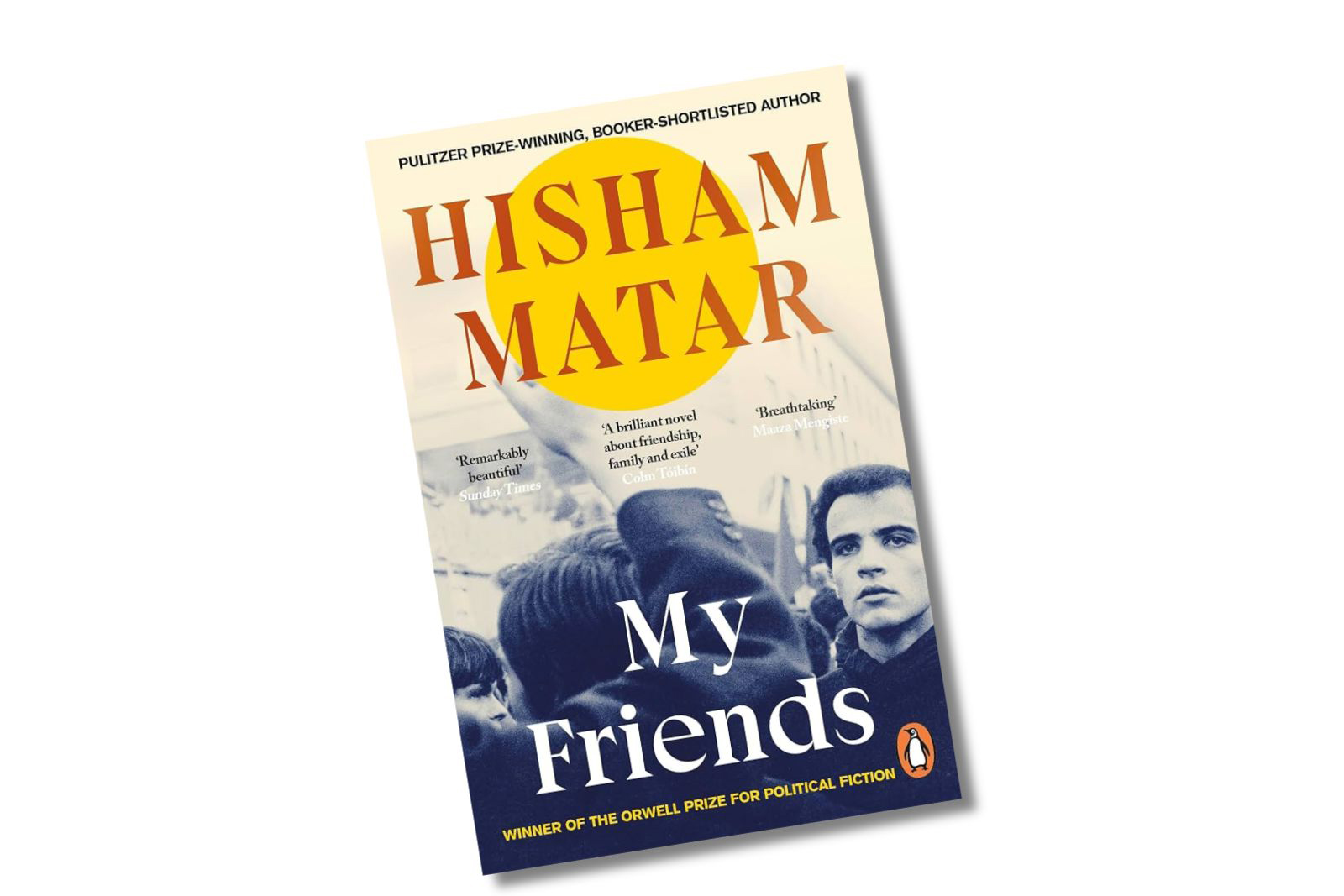
Hisham Matar’s Orwell Prize-winning novel about friendship, exile and life in Libya under Muammar Gaddafi’s authoritarian rule will stay with me for a long time. It is a deeply affecting work, filled with sorrow, tenderness and moments of real joy.
At its heart is the story of Khaled, who leaves Libya in 1983 to study in the UK, but ends up living in exile until the dictatorship finally falls. His fate becomes entangled with the true story of the infamous shooting outside the Libyan embassy in London, in which a British police officer was killed and 11 Libyan protesters were wounded. Through this tragedy, Khaled forms deep bonds with fellow exiles. These are friendships forged in grief, hope and resistance.
Beyond Matar’s lyrical writing, it is his piercing reflections on life under dictatorship that resonate most deeply; how the constant fear of living under a tyrant seeps into the smallest corners of daily life. In the current context of rising authoritarianism and censorship across the globe, Matar’s novel, published in 2024, is essential reading. Shaped by his own family’s experience of exile, it serves as both a powerful testimony to the deep human connections born of shared struggle and a stark warning of the personal cost of political repression.
 Newsletter
Newsletter


